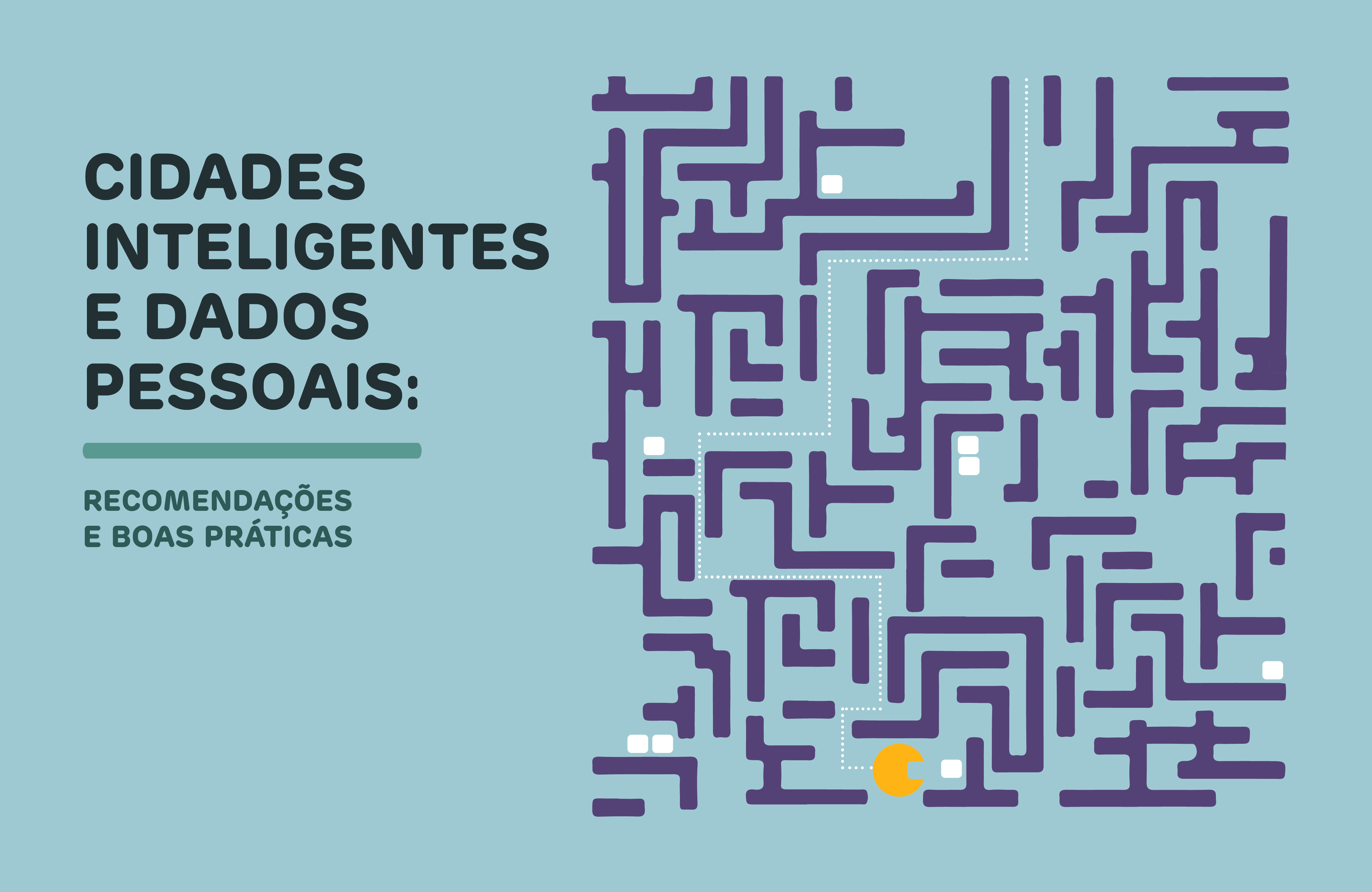
Smart cities and data protection: possible routes
InternetLab, ARTICLE 19 and LAPIN launch a policy paper with recommendations on smart cities and personal data protection.
Mobile phones, digital watches, telemedicine, remote work and robot vacuum cleaners… In 1962, when the cartoon The Jetsons debuted, such technologies seemed distant and impossible to implement. However, today these innovations have become part of our daily lives, and, when inserted into urban development and public management, they are part of the concept of smart cities. That is, cities “committed to sustainable urban development and digital transformation (…) and [that] use technologies to solve concrete problems, create opportunities, offer services efficiently, reduce inequalities, increase resilience and improve the quality of lives of all people, ensuring the safe and responsible use of data and information and communication technologies”.
Although there are many definitions of what a smart city is, this is the one adopted by the Brazilian Charter for Smart Cities (BCSC) and which guides the report “Smart Cities and Personal Data: Recommendations and Good Practices”. Developed by InternetLab, ARTICLE 19 and LAPIN, the report aims to analyze and offer recommendations and best practices regarding purchasing and using Information and Communication Technologies (ICTs) that process personal data by municipal authorities. In particular, we seek to identify:
[1] Which projects that Brazilian municipalities have implemented use ICTs in the provision of public services;
[2] In which sectors are these technologies being implemented, and for what purposes;
[3] What are the risks of implementing these technologies for the fundamental rights of citizens; and
[4] What is done with the data collected and stored by these projects.
To conduct this research, we held meetings with public managers, representatives of organizations and researchers specialists in smart cities and urban development. We also selected seventeen Brazilian municipalities classified by smart city rankings as innovative. These were selected also observing the region and the state of the federation where they are located and the size of the city. After the selection was made, we analyzed, from primary and secondary sources – among which, requests via the Access to Information Law -, a series of factors on the purchase and use of ICTs by municipal public authorities, such as the types of technologies used, the authority responsible for purchasing and operating the technologies, and the process of acquisition. The methodology used was crucial to map the main challenges Brazilian smart cities face and gather the best practices and recommendations.
Through InternetLab, the report is also part of the Human Rights and Businesses project. Organized by Global Partners Digital and the Global Network Initiative, the project aims to increase the level of commitment of governments and technology companies to the UN Guiding Principles on Business and Human Rights.